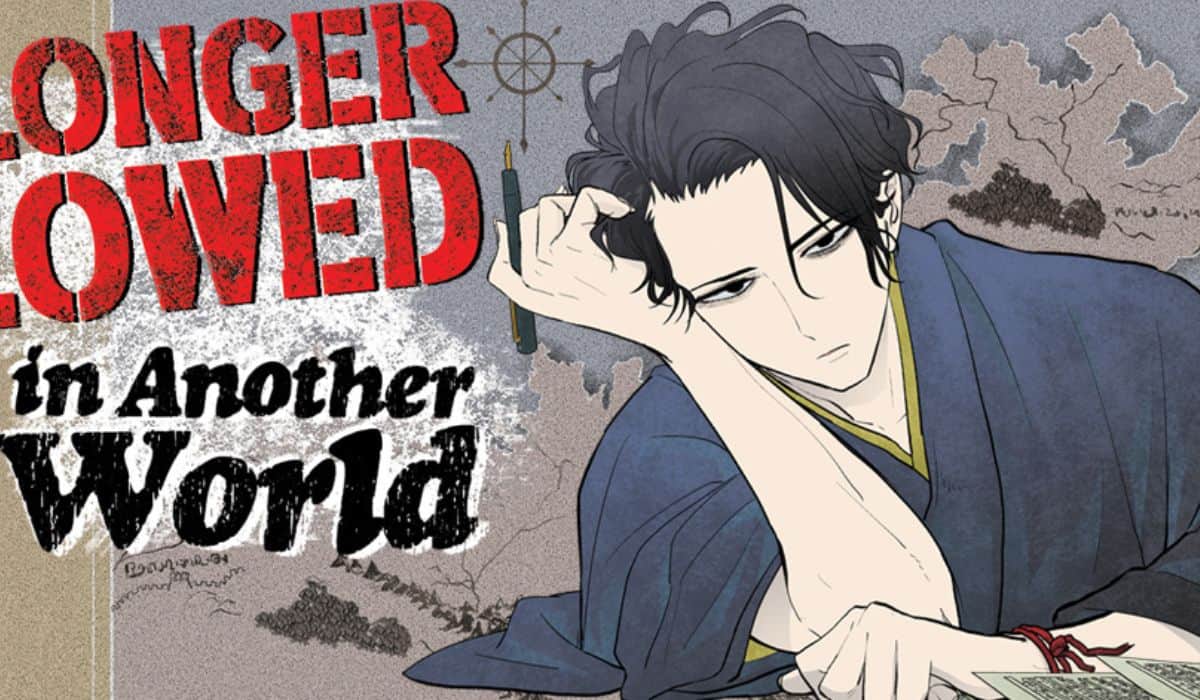One can argue a lot about Japanese cinema and its quality or its themes, but the undeniable fact is that the country produces the most unconventional, screwball, weird if you like, movies than any other cinema in the world. Based on the autobiographical manga Kumoman, by Manabu Nakagawa, “Almost Coming, Almost Dying” definitely falls under this category.
“Almost Coming, Almost Dying” screened at Fantasia International Film Festival

29-year-old Manabu is the living embodiment of what Japanese consider a “loser”. He is unemployed, only occasionally getting some seasonal work, does not have a girlfriend, and he is still living with his parents. Eventually, with the help of his father, he lands a job teaching a kid with autism, and his life seems to become much better. In order to reward himself for his accomplishment, he decides to go to a “massage parlor” and buy himself a blowjob. However, and as the title implies, as soon as he is about to come, he suffers a brain aneurysm, which in his eyes, has the form of a giant red and black teddybear, with a visible brain and a bat in its hands, that hits him in the head. Soon after, he finds himself at the hospital, undergoing a brain surgery, and at the same time, trying to hide from his colleagues, friends and family, the place where he was picked by the paramedics. While everyone in the hospital involved in his case try to cover for him, his mother and some colleagues do not let the issue go, particularly focusing on the fact that he was found without shoes on.
From the beginning of the film, it becomes obvious that something weird is happening to the narrative. The story begins at one point, and then goes back for a bit, then fast-forwards to the “present,” then an animated sequence takes place, and then we find Manabu in a hospital, where his brain damage has caused him to lose his relation to reality, continuously watching the aforementioned teddy bear appear. Furthermore, his actual reality is not so reasonable, to say the least. This last aspect is presented through the handsomely looking and dressed doctor, who seems to be a little friendlier than he should be, the nurses, the scene where his friends examine his case thoroughly over his head, and the symptoms of his sickness. Lastly, Kobayashi did not shy away from the sex scenes, which follow the weird lines of the movie's aesthetics.

However, he somehow manages to make all the above work, which might be the strangest thing in the movie. Furthermore, he manages to present a number of social comments through all this peculiar setting, regarding the people who are unemployed in Japan, the concept of family, and mainly, shame. This last element is synopsized in a phrase Manabu's father utters, “No man lives without embarrassing himself”, with a large part of the film revolving around this comment. All of the above are coated in fast jazz music, which again, does not seem to fit the general aesthetics of the film, but somehow works in the end.
TV comedian Misoo Nou is great as Manabu, highlighting his character's disorientation, sense of shame, and lingering libido, in hilarious, although measured fashion. From the rest of the cast, the ones that stand out are Shunya Itabashi as the inappropriate doctor, and Ryoko Tateishi, as Manabu's loving but obnoxiously pushy and curious mother.
I have to admit, “Almost Coming, Almost Dying” is such a strangely crafted film that, although I enjoyed it much, I cannot say why exactly.















